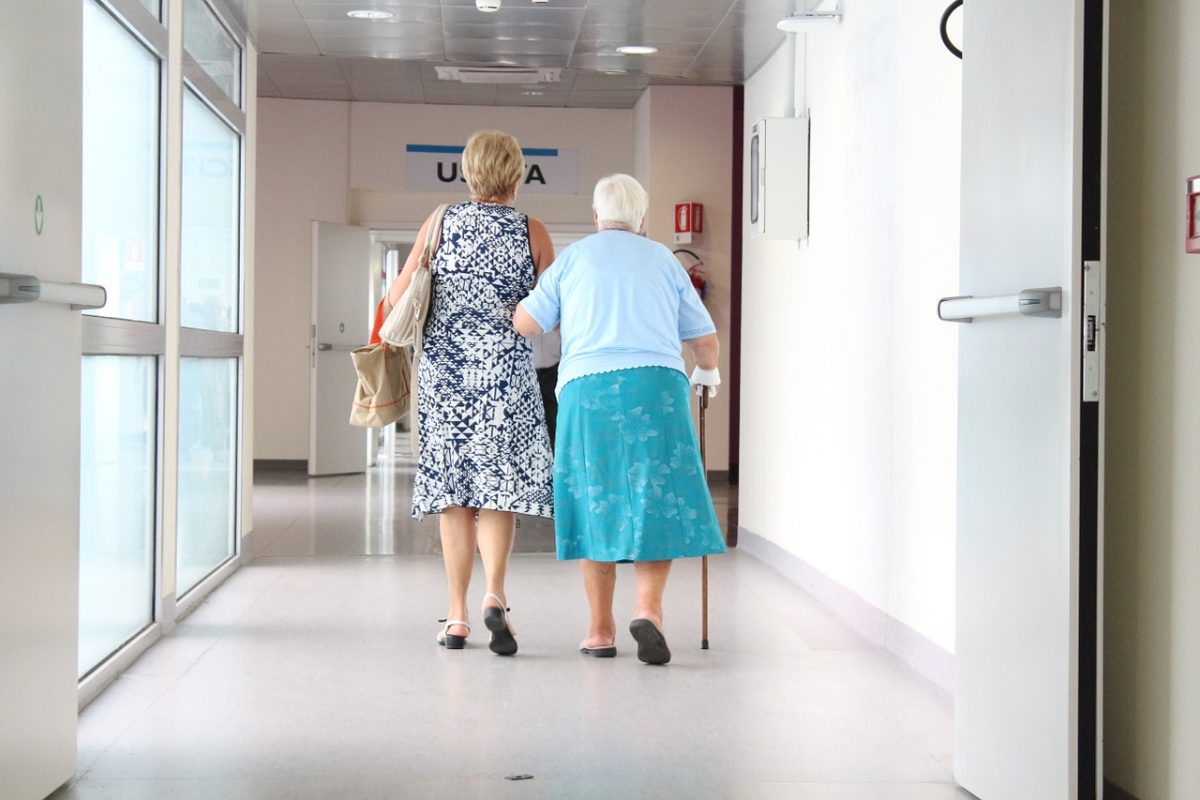Individual Voluntary Arrangements (IVAs) are a type of fee-charging debt solution, widely marketed to people with unmanageable debts. Whilst in some circumstances an IVA will be the most appropriate debt solution for someone’s situation, they are risky remedies that attach high fees, and where people are unable to keep up with repayments they can fail leaving people in a worse position than they started.
People who are neurodiverse will benefit from better employment prospects and more inclusive workplaces thanks to the work and advice of a new expert panel launched. Read the full story
The support that is available for Universal Credit claimants who have a disability or health condition.
This report provides findings from an evaluation of the Cost of Living Payments support scheme, based on research carried out in January 2024 and August 2024.
Benefits such as Personal Independence Payment (PIP) and Disability Living Allowance (DLA) provide crucial support to disabled people, mainly to help them to cover their extra living costs. These benefits consist of two components: a daily living part, which assists with everyday tasks, and a mobility part, which helps to cover expenses associated with limited mobility. However, previous research has shown that disabled households allocate a larger proportion of their income to essential expenses like food and energy compared to non-disabled households. This suggests that disability benefits are also used to cover essential costs beyond daily living and mobility expenses.
Like homelessness more broadly, the causes of rough sleeping include many interrelated structural, individual and interpersonal factors. Poverty, unemployment, housing shortages and systemic barriers in welfare support are understood to be significant systemic drivers of rough sleeping. These underlying causes can often be exacerbated by personal vulnerabilities like poor health or substance use.
This report describes patterns of co-residence of young adults at a parental home in the United Kingdom. We show how the rate of co-residence varies across dimensions such as income, region and ethnicity. We show how it has changed in recent years and discuss potential drivers of the rise observed. We quantify how much young adults who co-reside with parents could be saving in rent and how much this appears to increase their savings.
The two-year study into tenancy sustainment in social housing, conducted between March 2022 and September 2024, looked at the causes of rent payment difficulties, and rent arrears, in particular. It also shows the sacrifices tenants make to avoid falling behind with their rent highlights the difficulties and sacrifices tenants face paying their rent. The study also examines landlords’ approaches to tenancy sustainment, and how they communicate and interact with tenants and tenants’ engagement experiences.
Home represents security, safety and belonging. Having a home is about more than just having a roof over one’s head, it is also about meeting the need for what the sociologist Anthony Giddens called ‘ontological security’: being able to trust in the certainty and protection that home provides. When we fail to provide houses and neighbourhoods that are safe, that support good health, we betray that trust. Unfortunately, we have seen that happen again and again in recent years: in the 150,000 children in England living in temporary accommodation due to a lack of homes; in the death of two-year-old Awaab Ishak from a respiratory condition brought on by mould in his home; and in the deaths of seventy-two people in the fire at Grenfell Tower.
Economic inactivity due to ill health is a persistent challenge facing many countries. However, there are substantial differences in the extent of the challenge, which segments of the working-age population fare better or worse, and in the mechanics and scope of government work and health policies. This report – one of a series informing the Commission for Healthier Working Lives – investigates how the UK compares with 14 other European countries in the employment of workers with long-term ill health or disabilities. It also reviews relevant policy interventions and practices from around the world to draw potential lessons for the UK.





